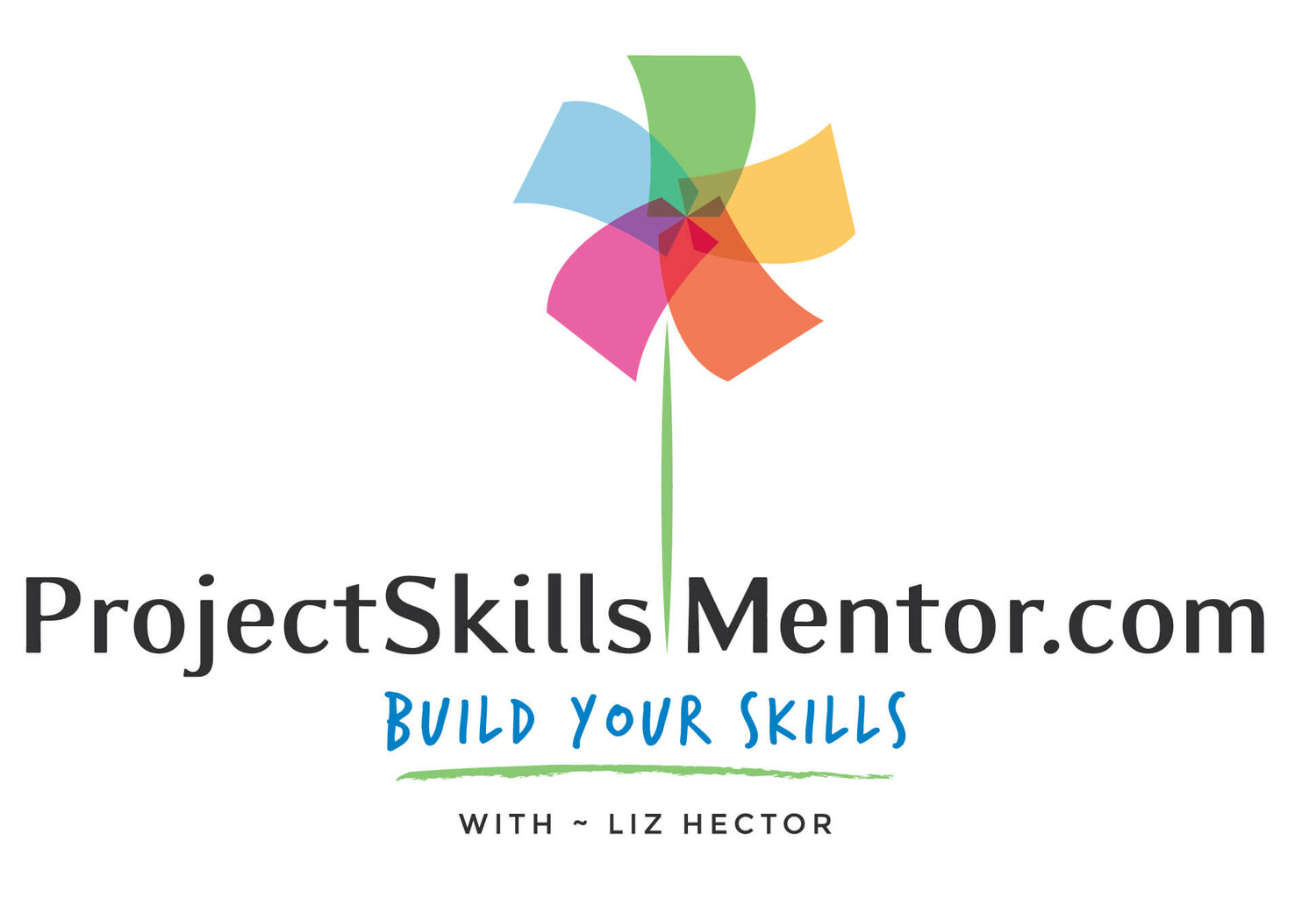Managing Burnout: A Guide for Mentors, Coaches, and Managers
Burnout is an increasingly common challenge, particularly in fast-paced, high-pressure environments. As a mentor, coach, or manager, it's not just critical but also your responsibility to recognize burnout and help those you guide navigate and overcome it actively. Burnout doesn't just affect productivity—it impacts mental health, relationships, and long-term career satisfaction.
What Mentors Need to Know
How to Recognize Burnout
What You Should Know
What You Can Do to Help
Know What Not to Do
Here's how you can identify, address, and support someone experiencing burnout, along with additional insights to deepen your understanding of this issue.
“79% of employees experienced work-related stress, including lack of motivation, emotional exhaustion, and physical fatigue.”
Recognizing the Signs of Burnout
Burnout manifests differently in each individual, but common indicators include:
Emotional Exhaustion
Persistent fatigue, even after rest.
Expressions of feeling drained, overwhelmed, or stuck.
Apathy or detachment from work.
Reduced Performance
Declining quality of work or missing deadlines.
Difficulty concentrating or making decisions.
Loss of creativity or motivation in tasks they once enjoyed.
Physical Symptoms
Complaints of headaches, sleep disturbances, or frequent illness.
Significant changes in energy levels.
Changes in physical appearance or hygiene.
Negative Outlook
Increased cynicism, frustration, or negativity.
Inability to solve simple problems.
Statements that indicate hopelessness or a lack of purpose.
Withdrawal
Avoiding meetings, social interactions, or team projects.
Lack of eye contact and changes in body language.
Prolonged silence in coaching sessions or reduced communication.
What You Can Do to Help a Mentee with Burnout
As a mentor or coach, your role isn't to fix everything for the person experiencing burnout but to guide them toward awareness and proactive solutions. Here's how:
Create a Safe Space for Dialogue
Approach the topic with empathy and without judgment.
Normalize the conversation around stress and burnout to reduce stigma.
Use open-ended questions, such as:
"How have you been feeling about your workload lately?"
"What challenges are you currently facing?"
Encourage Self-Reflection
Help them identify specific stressors contributing to burnout.
Discuss their work-life balance and personal boundaries.
Encourage journaling or mindfulness practices to gain clarity on their emotions.
Reassess Goals and Priorities
Collaboratively evaluate their current workload or responsibilities.
Advocate for reducing unnecessary tasks or delegating where possible.
Guide them in setting realistic and achievable goals.
Provide Tools and Resources
Suggest practices such as time-blocking, prioritization techniques, or digital detoxes.
Recommend resources like stress management courses, books, or mental health apps.
Advocate for professional support if needed, such as therapy or counseling.
Encourage Rest and Recovery
Stress the importance of taking breaks and time off.
Suggest activities that bring joy, relaxation, or connection to others.
Model healthy boundaries yourself—avoid sending late-night emails or promoting a "hustle" culture.
Helping Your Mentee Through Burnout Recovery
Burnout recovery isn't instantaneous. Patience and ongoing support are essential. Here are steps to help someone navigate this journey:
Check-In Regularly
Follow up to see how they're progressing with new strategies or changes.
Be consistent in offering encouragement and constructive feedback.
Promote Community and Connection
Encourage collaboration or pairing with teammates who have a positive, supportive outlook.
Suggest networking with peers outside their immediate environment for fresh perspectives.
Celebrate Small Wins
Recognize even minor achievements as signs of progress.
Help them reconnect with their purpose and the impact of their work.
Be a Role Model
Share your experiences with stress or burnout (if appropriate) to show vulnerability and resilience.
Demonstrate the value of balance and prioritize well-being in your interactions.
What Every Mentor, Coach, or Manager Should Know About Burnout
It's Systemic, Not Personal
Burnout, not personal weakness.
Burnout often stems from systemic issues like excessive workloads, lack of control, or insufficient support.
Prevention is Better Than Recovery
Foster a culture of transparency, balance, and proactive stress management.
Recognize and address signs of burnout early before they escalate.
You're Not a Therapist
Recognize when professional mental health services are needed.
Be prepared to refer mentees to appropriate resources.
Burnout is a Spectrum
Someone doesn't have to be completely incapacitated to be "burned out."
Address signs of chronic stress before they develop into full-fledged burnout.
Your Actions Matter
How you respond to burnout can make a lasting impact.
Demonstrating care, empathy, and a commitment to their well-being can significantly improve the resilience and well-being of your mentees or coachees.
What NOT to Do When Your Mentee Is Experiencing Burnout
While your intentions may be good, certain actions or approaches can unintentionally make things worse for someone experiencing burnout. What you don't do is just as important as what you do when helping someone through burnout. By avoiding these missteps and focusing on understanding, empathy, and actionable support, you can create a safe space for your mentee to recover and thrive. Avoid these common mistakes to ensure you're truly helping your mentee recover:
Don't Downplay Their Feelings
Saying things like, "Everyone feels stressed sometimes," or, "You just need to push through," can make your mentee feel invalidated.
Why It's Harmful: Burnout is more than stress; it's a state of chronic exhaustion and disengagement. Minimizing it can make them feel isolated.
What to Do Instead: Validate their feelings with phrases like, "It sounds like you're going through a lot right now," or, "I can see how challenging this must be for you."
Don't Offer Quick Fixes
Avoid suggesting surface-level solutions like "Just take a vacation" or "Try meditating."
Why It's Harmful: Burnout often stems from deeper, systemic issues like workload imbalance or lack of control. Temporary fixes won't address the root cause.
What to Do Instead: Focus on long-term solutions, such as restructuring tasks, setting realistic goals, and addressing workplace or personal stressors.
Don't Make It About Yourself
Avoid turning the conversation into a discussion about your experiences with stress or burnout.
Why It's Harmful: While sharing similar experiences can sometimes help, it may shift focus away from your mentee's needs.
What to Do Instead: Use your experiences sparingly and only if they provide actionable insights. Keep the focus on their feelings and situation.
Don't Push Them to "Snap Out of It "
Avoid pressuring your mentee to bounce back quickly or show immediate results.
Why It's Harmful: Burnout recovery is a process that requires time. Rushing them can lead to more stress and worsen their condition.
What to Do Instead: Be patient and supportive, allowing them to recover at their own pace.
Don't Ignore the Systemic Issues
Avoid focusing solely on their habits or behaviors without addressing larger issues contributing to their burnout.
Why It's Harmful: Burnout often stems from external factors like excessive workload, lack of resources, or unclear expectations.
What to Do Instead: If you influence their environment (e.g., work systems, team dynamics), advocate for changes that reduce stressors.
Don't Avoid the Conversation
Ignoring the signs of burnout or hesitating to address it directly is one of the biggest mistakes you can make.
Why It's Harmful: Your mentee might feel unsupported or believe their struggles are unnoticed.
What to Do Instead: Approach the topic gently but directly, and let them know you're there to support them.
Your role as a mentor or coach is to guide—not to fix—and that begins with listening, validating, and offering thoughtful, tailored support.
Recognizing and addressing burnout is critical for any mentor, coach, or manager. By identifying the signs, creating a supportive environment, and guiding individuals through recovery, you play a crucial role in helping them thrive professionally and contribute to their overall well-being. Burnout isn't just an individual challenge; it's a call to action to create healthier, more sustainable environments for everyone.
Remember these principles, and you'll be better equipped to guide your mentees or coachees through the inevitable ups and downs of their personal and professional journeys.
And mentors can burn out, too. Read this article to see the issues I have dealt with over the past 20 years.
Now it's your turn to share -
What strategies have you found effective in preventing or addressing burnout? Please share your insights in the comments below!



